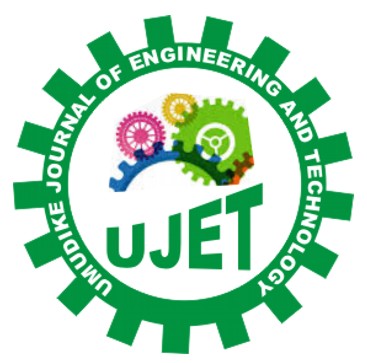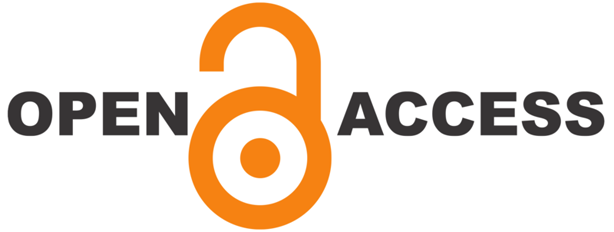|
Osaghale, M. O.
Department of Civil and Environmental Engineering, University of Lagos, Akoka, Yaba, Lagos
Falade, F.
Department of Civil and Environmental Engineering, University of Lagos, Akoka, Yaba, Lagos
Igba, U. T.
Civil Engineering Department, Federal University of Agriculture Abeokuta, Nigeria
ABSTRACT
This study
investigates the
effects
of
Rice Husk Ash (RHA) on the strength and shrinkage properties of Concrete. Rice Husk is an agro- waste which when burnt under a controlled temperature, the ash produced
owing to its rich
content in silica is
used
as a super-pozzolanic material for the partial replacement of Ordinary Portland Cement (OPC) in concrete. Concrete mix proportion of 1:1.5:3 by weight with
a constant water-cement ratio of 0.5 was used. The compressive strength was found to increase from 22.37N/mm at 7- day to 32.12 N/m2 at 28 -day (i.e. 43.6 % increment) for the control mix. The flexural strength
results obtained
at 28-day were 3.38, 3.44, 3.67, 3.50, 3.25,
2.96, 2.90 N/mm at replacement percentages
of 0,
5, 10, 15, 20, 25 and 30%
respectively. Results of tests on the drying shrinkage of RHA concrete
revealed that the 30% replacement level exhibited the highest shrinkage strain value of 440 microstrain
compared to the control experiment with 380 microstrain at
the 90-day period. This study suggests that up to 10%
OPC
replacement with RHA has the potential to be used for the partial replacement of cement in concrete for structural applications.
Keywords: Strength, Shrinkage, Ordinary Portland cement, Rice Husk Ash and Concrete
|
View: 419 | Download: 4
Published
Monday, July 23, 2018
Issue
2018 Special Issue 1
Article Section
GENERAL
The contents of the articles are the sole opinion of the author(s) and not of UJET.
|


